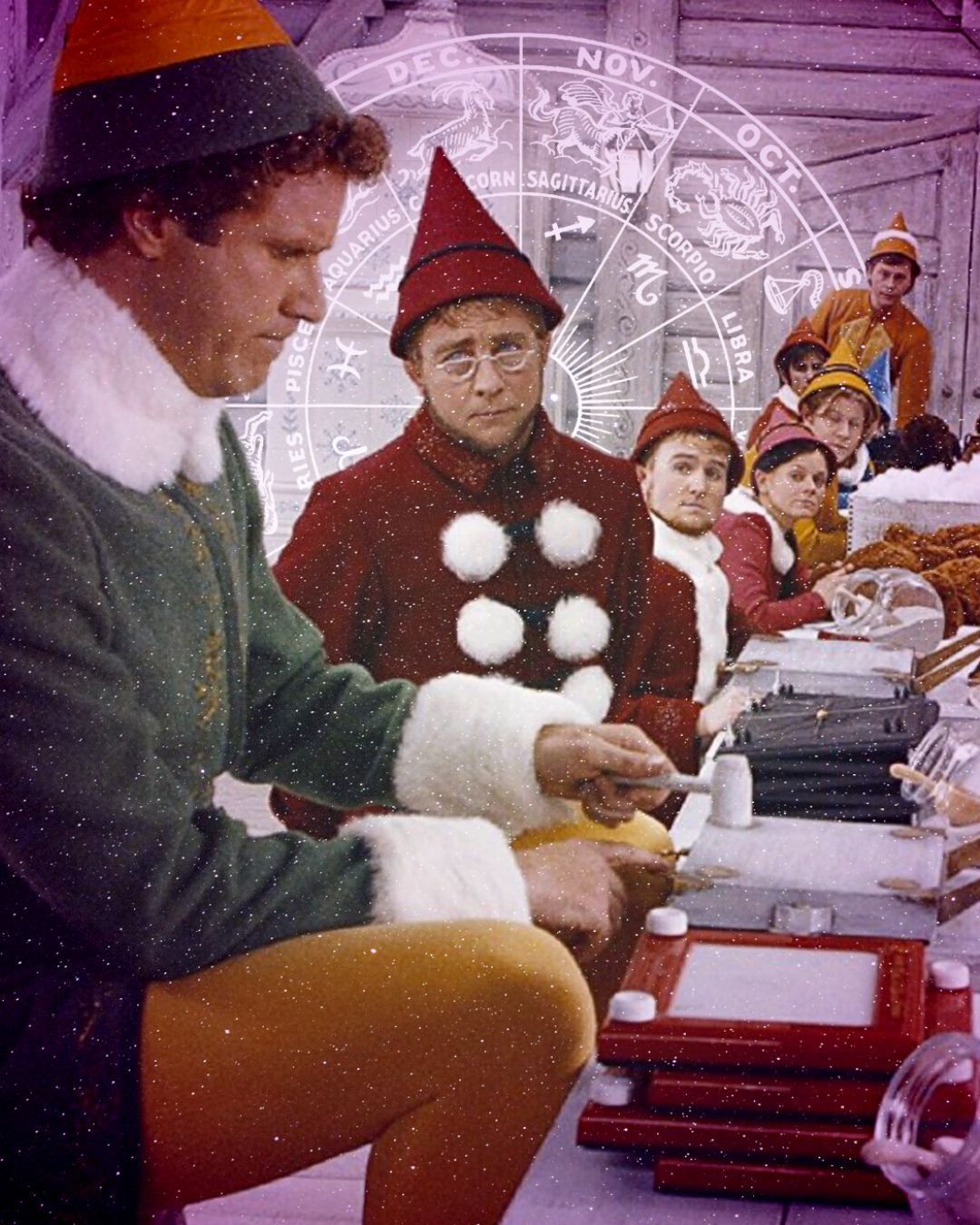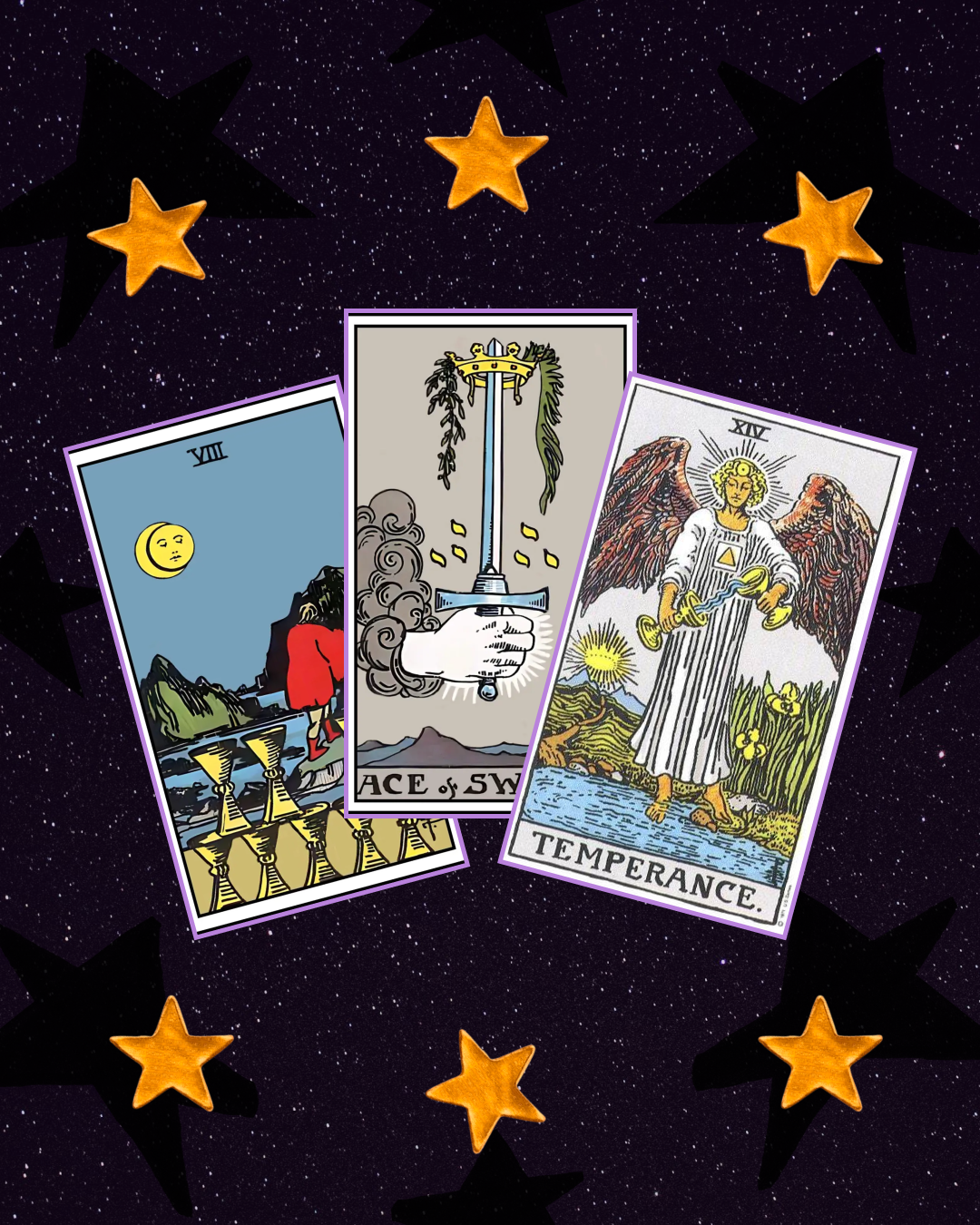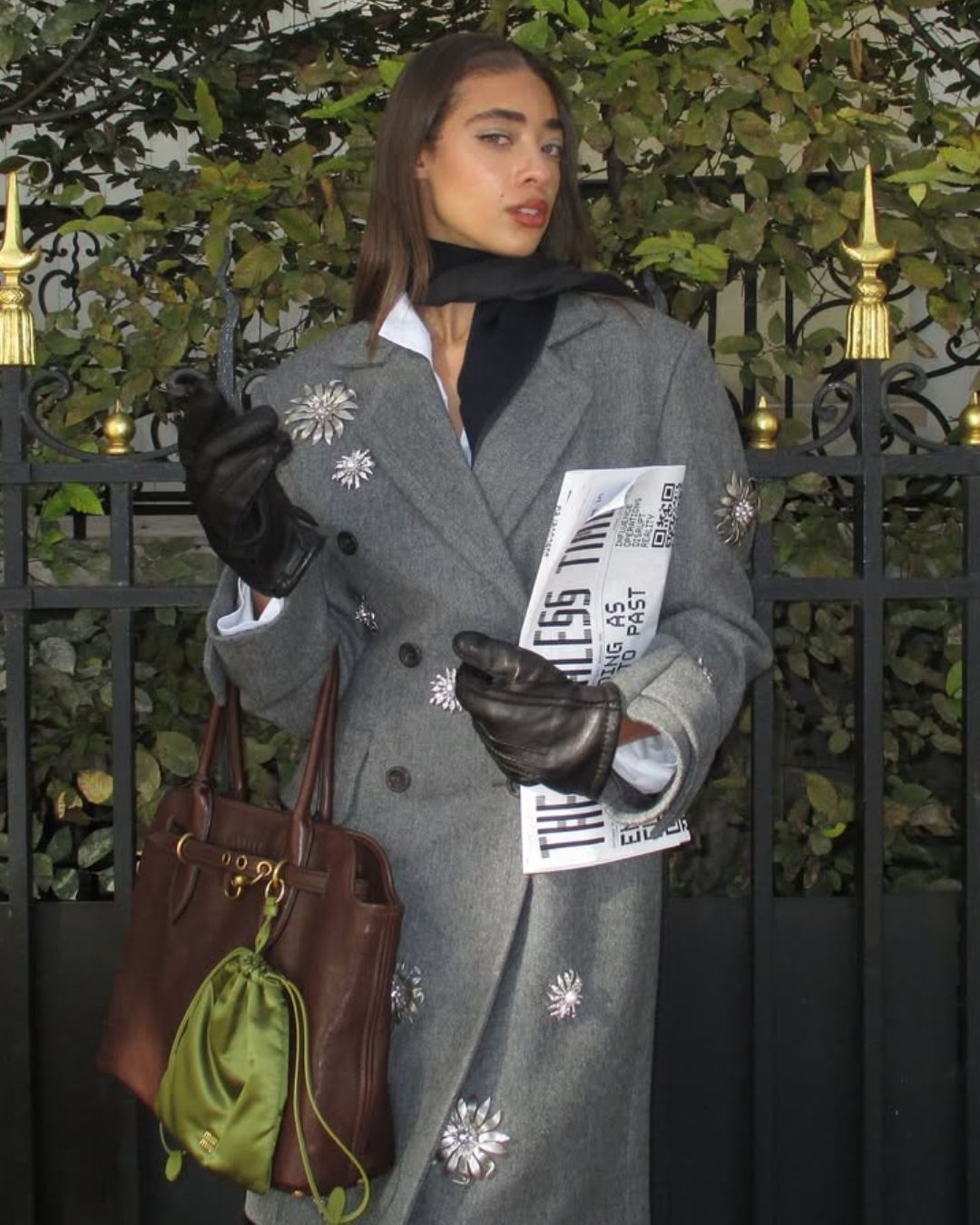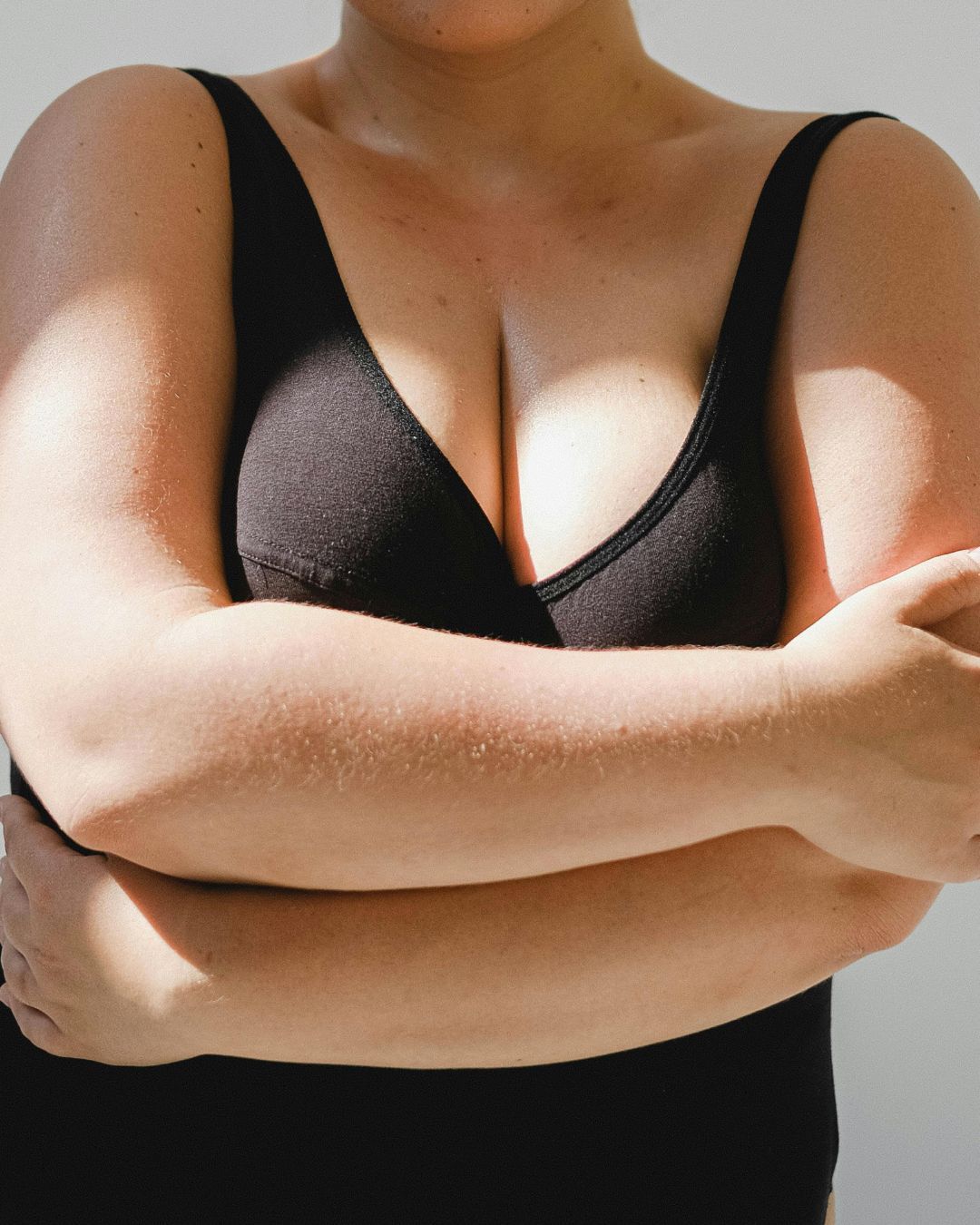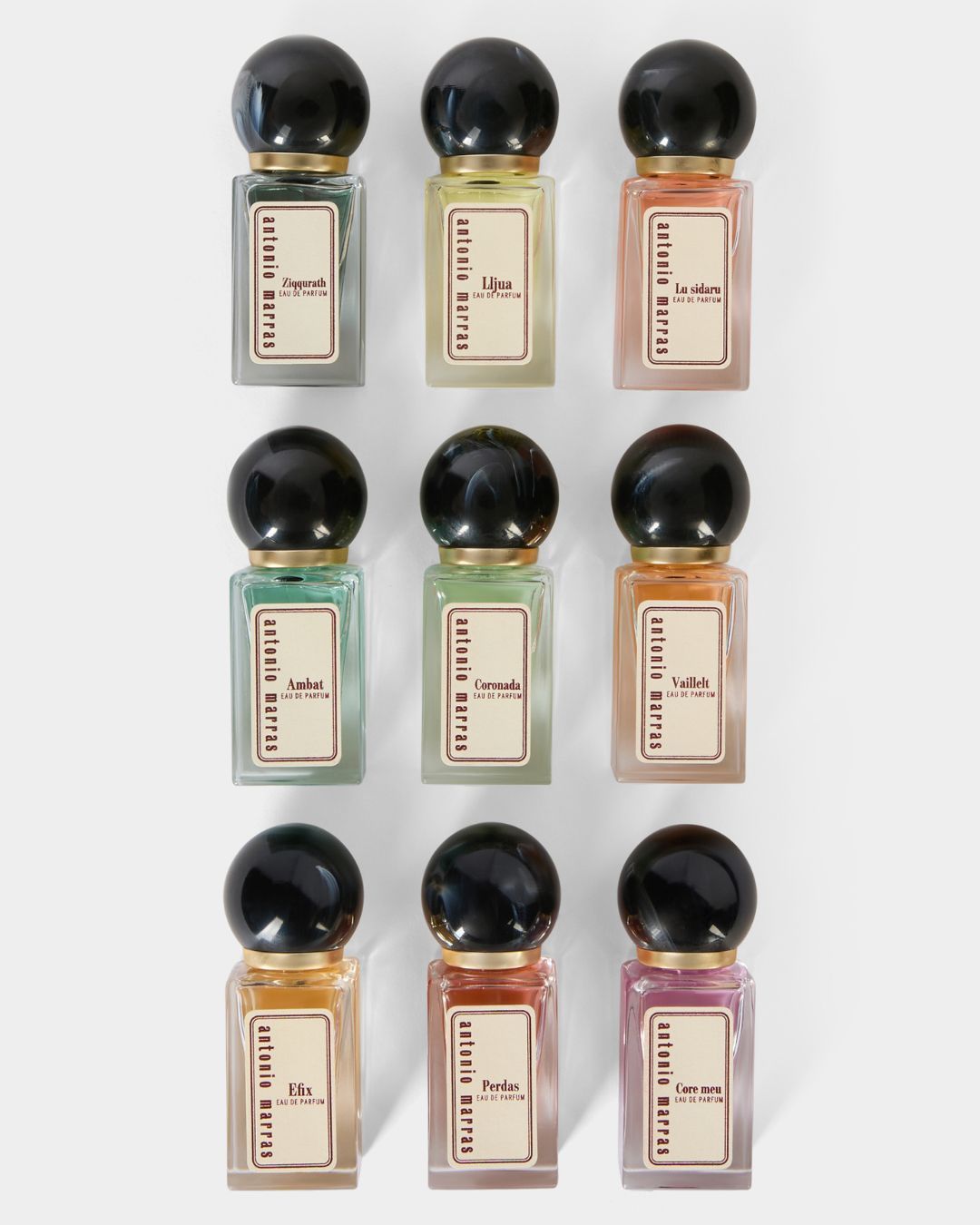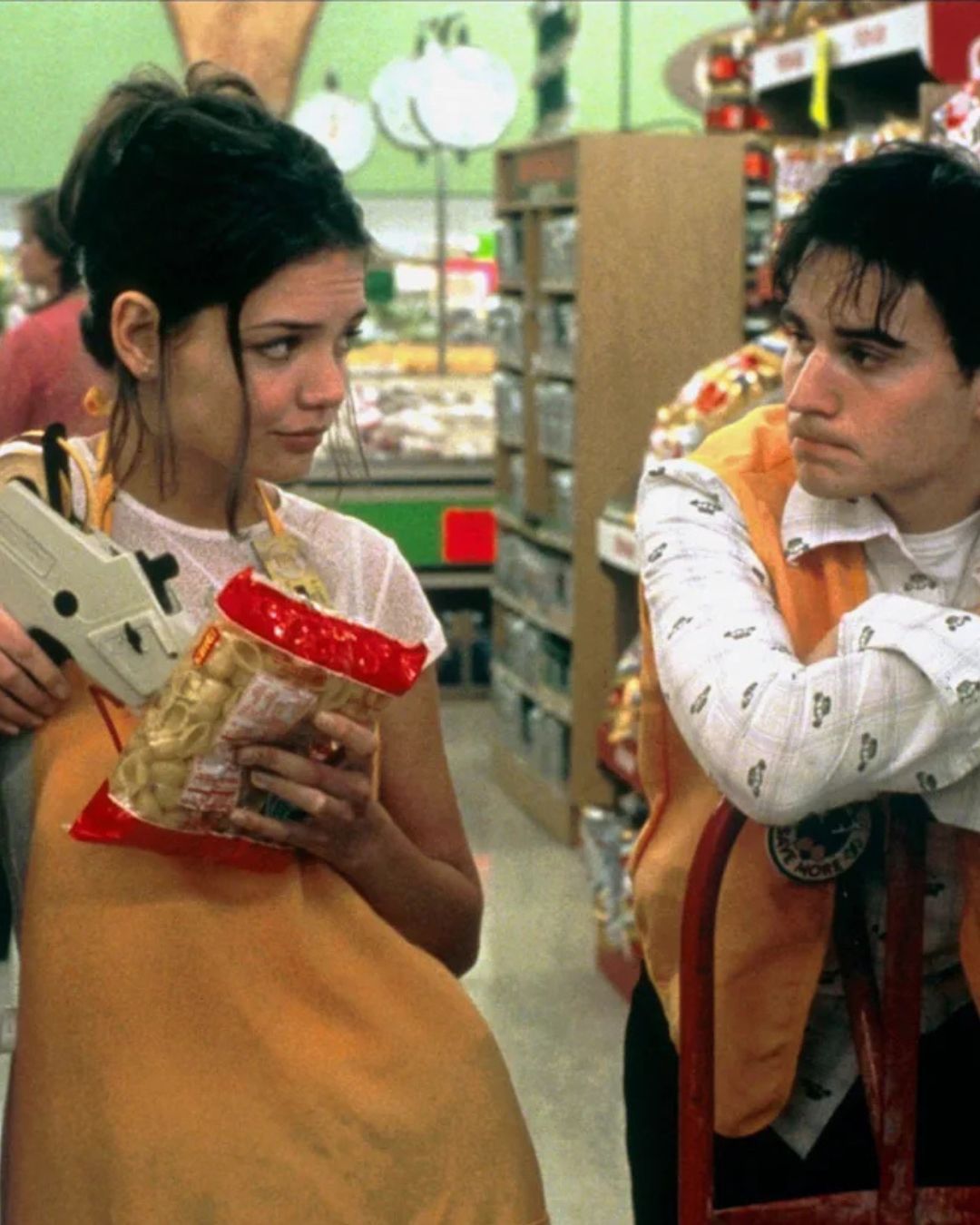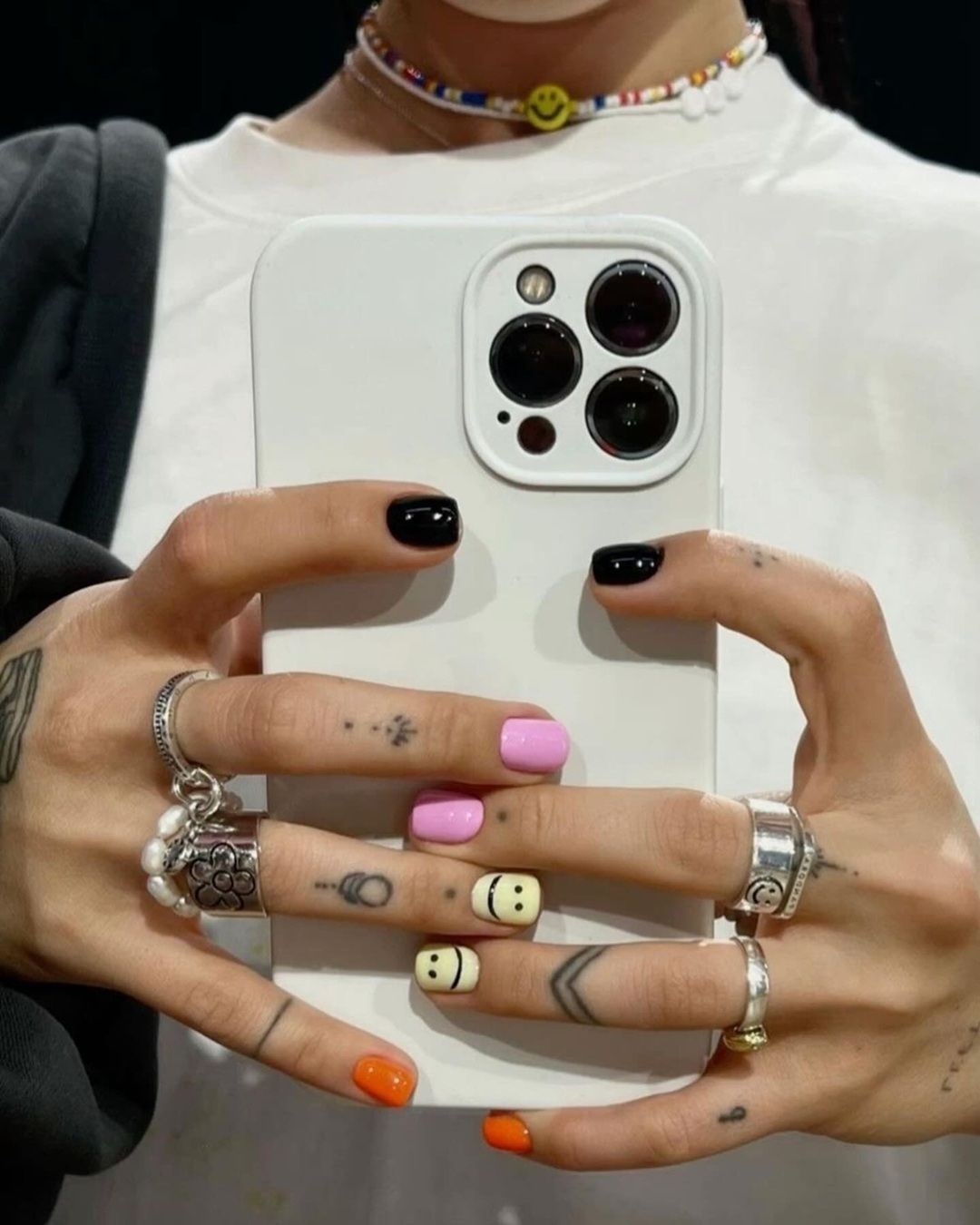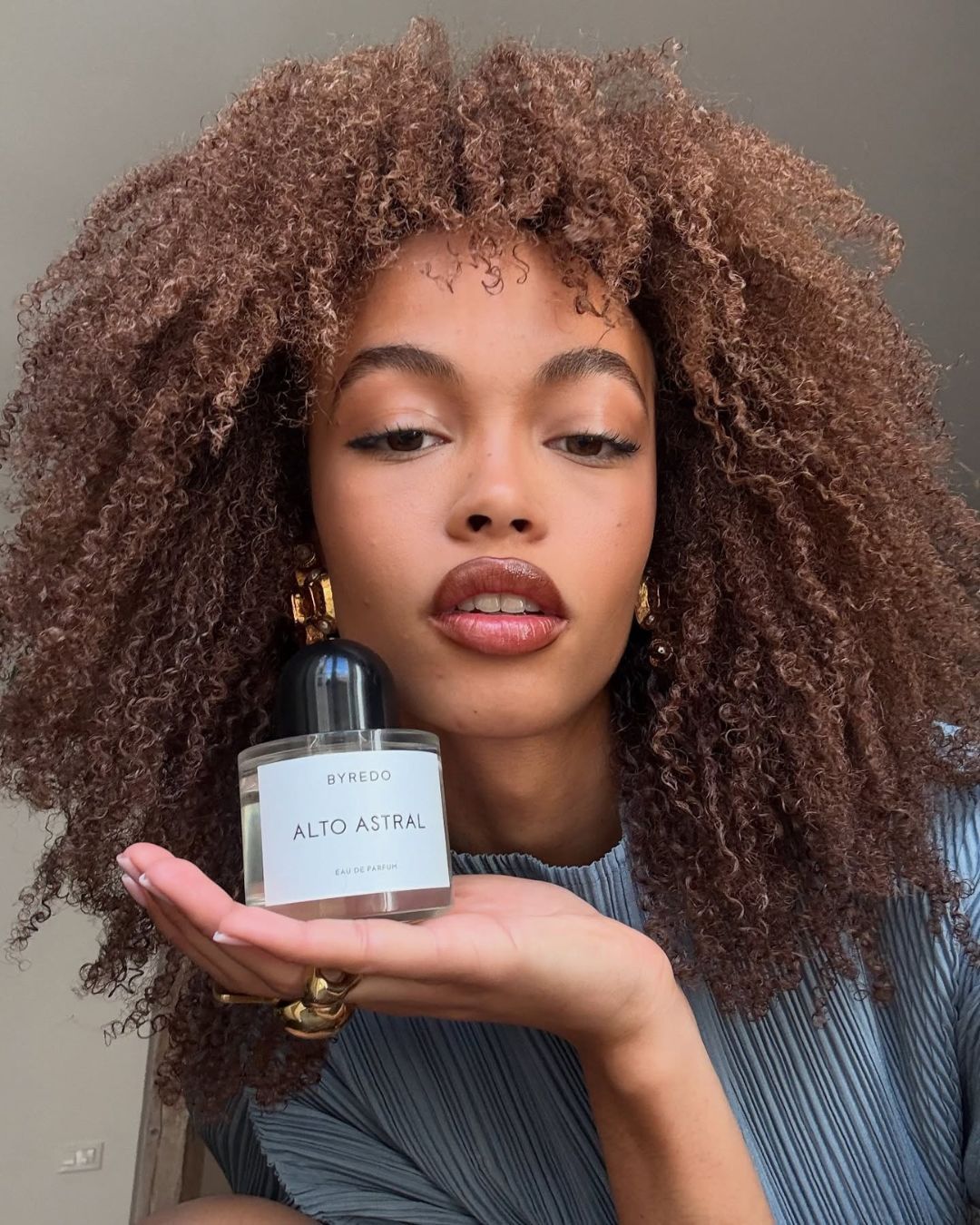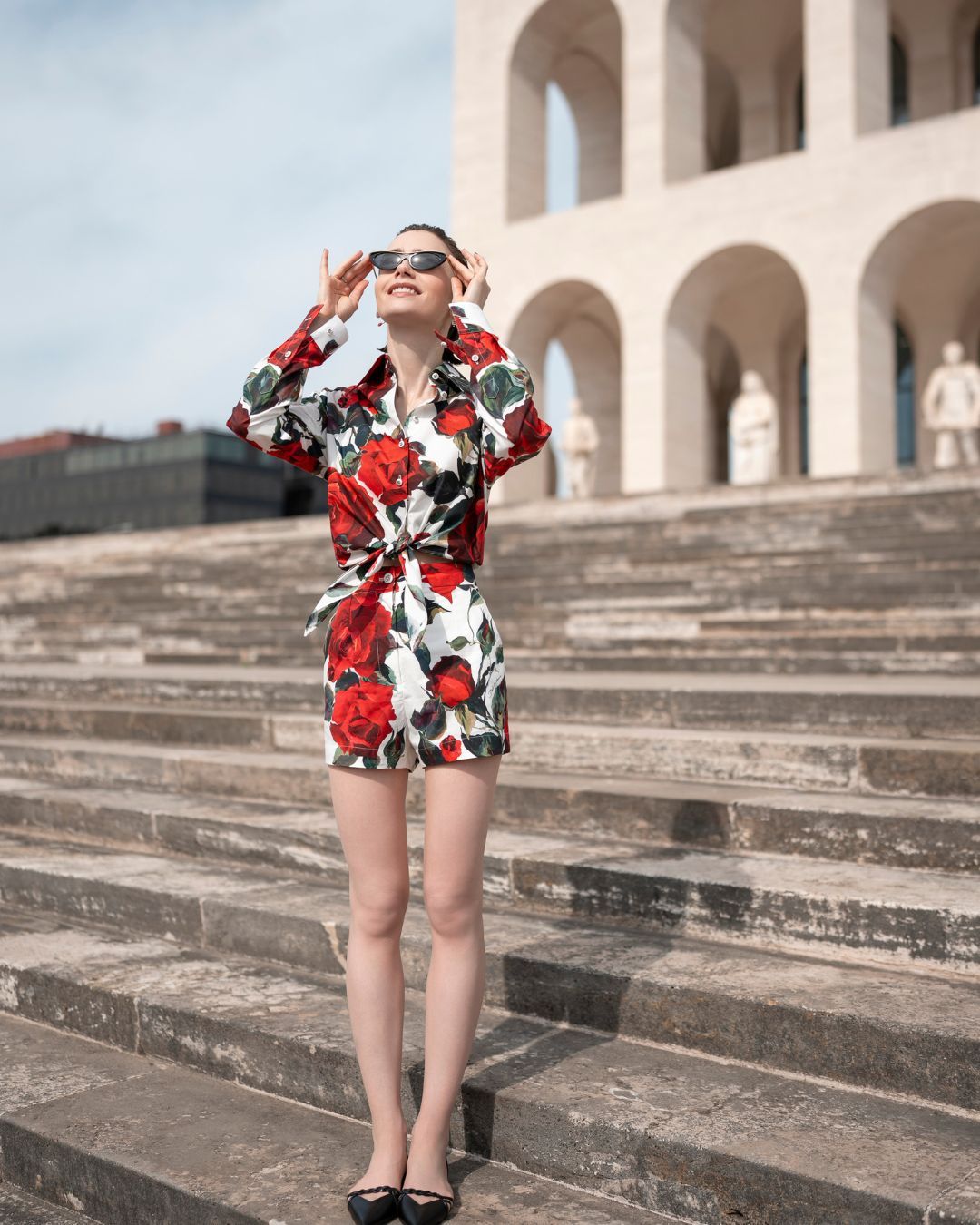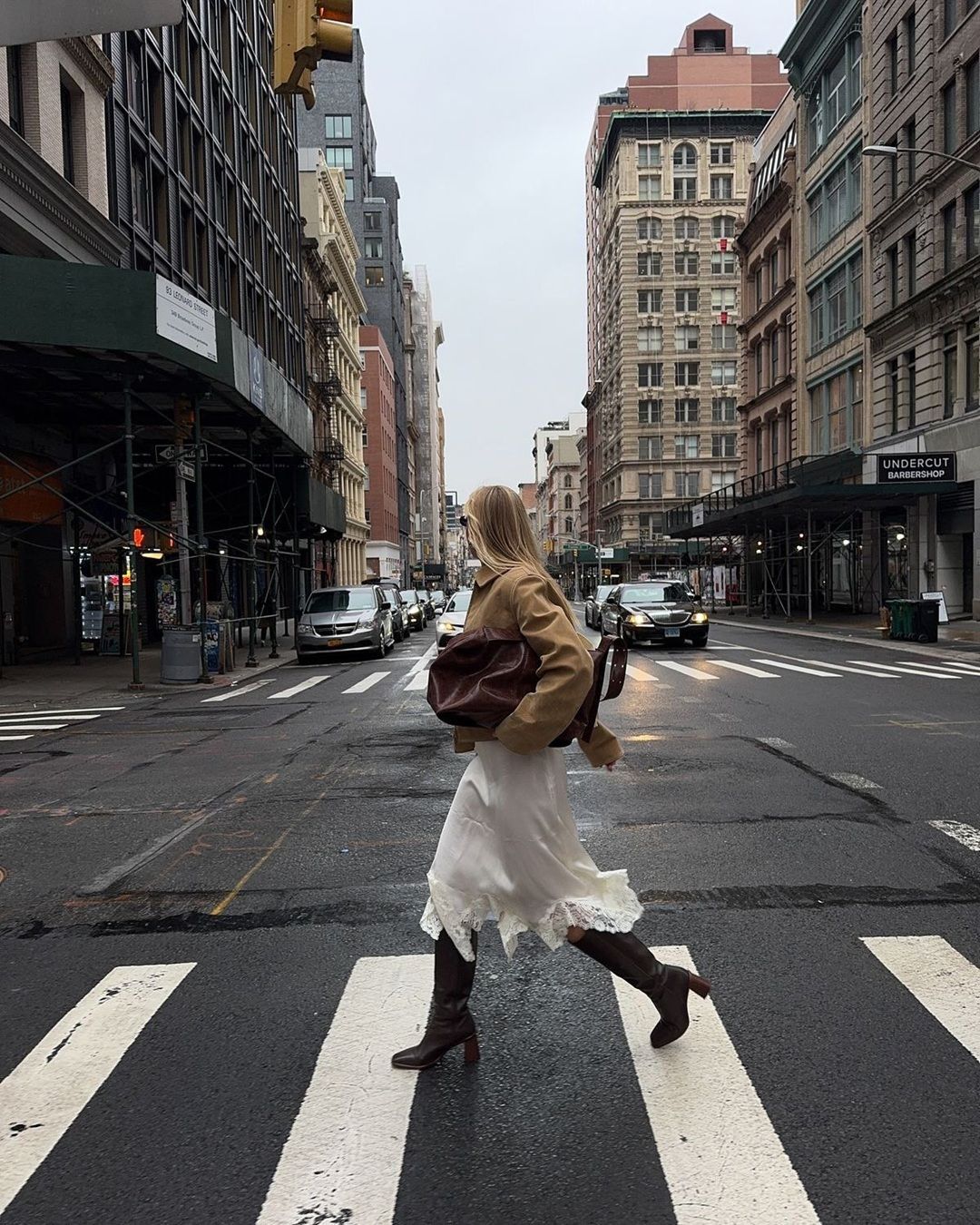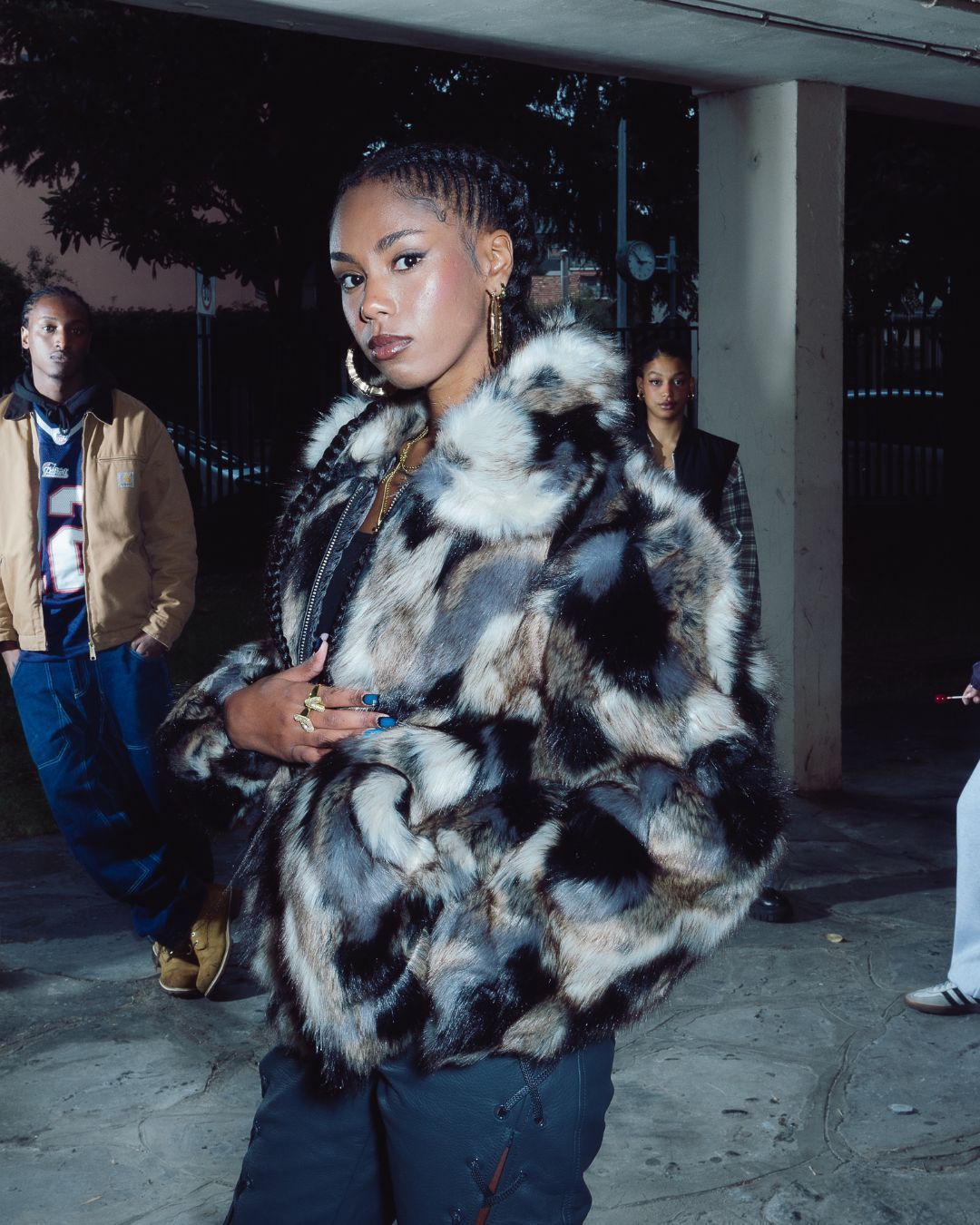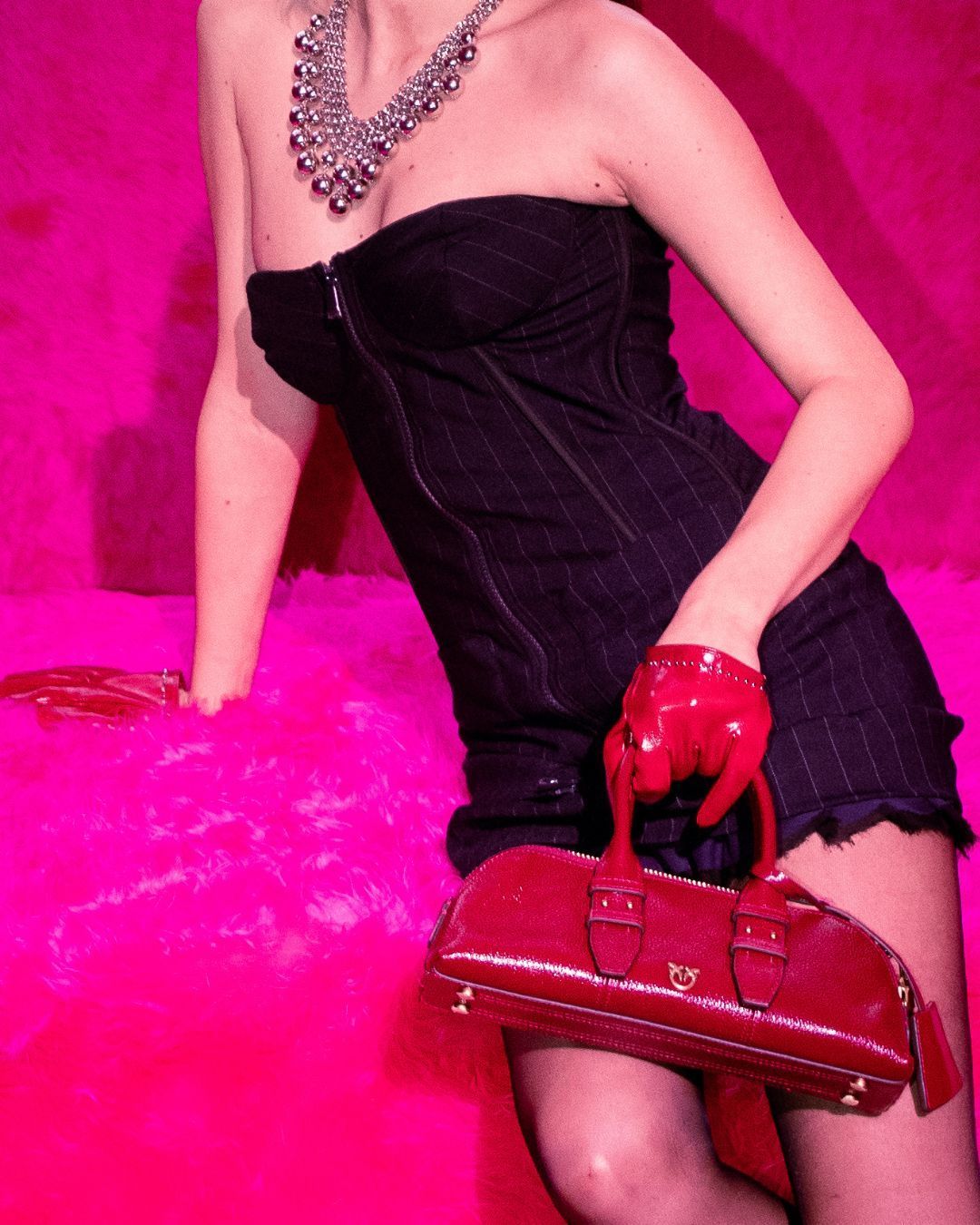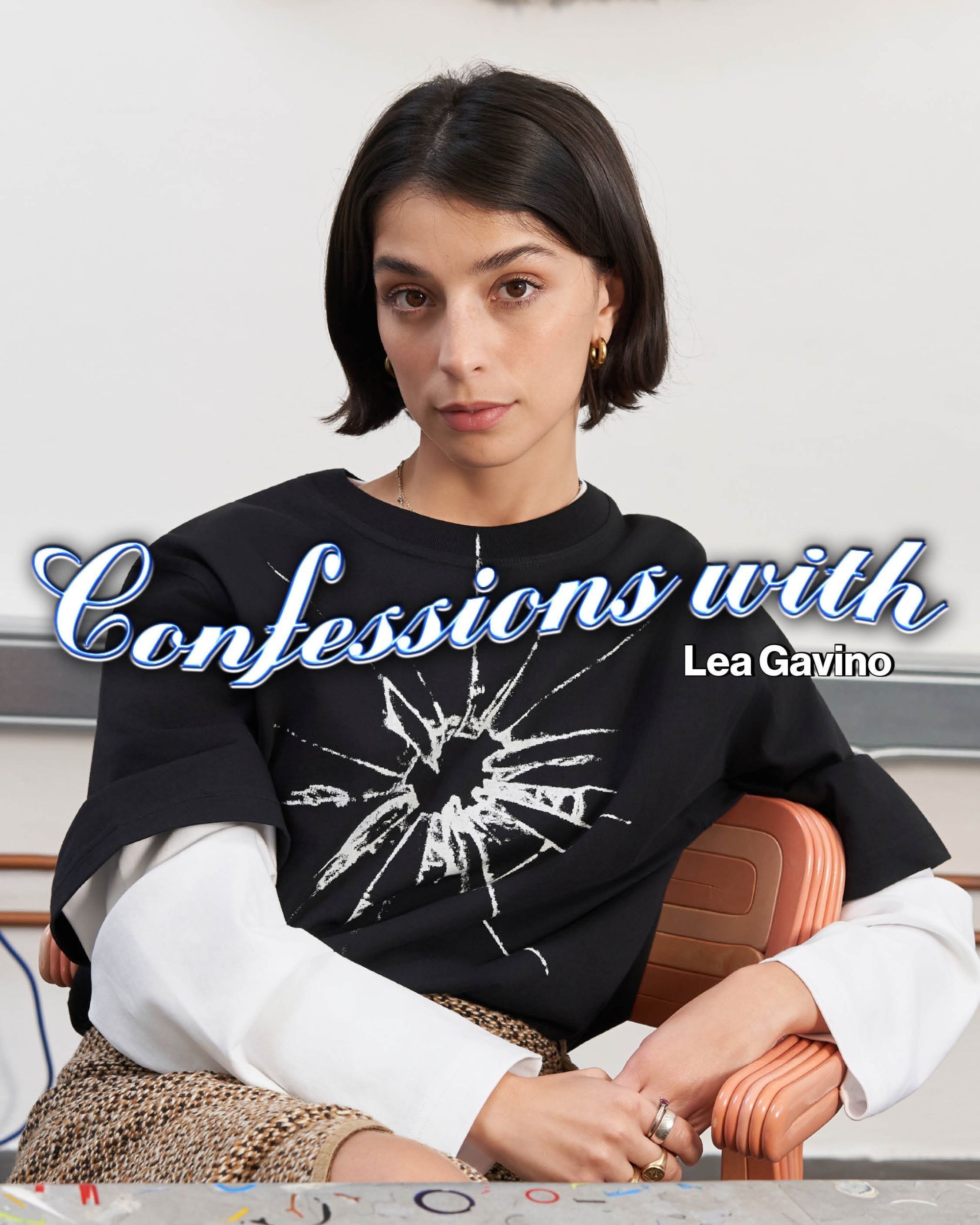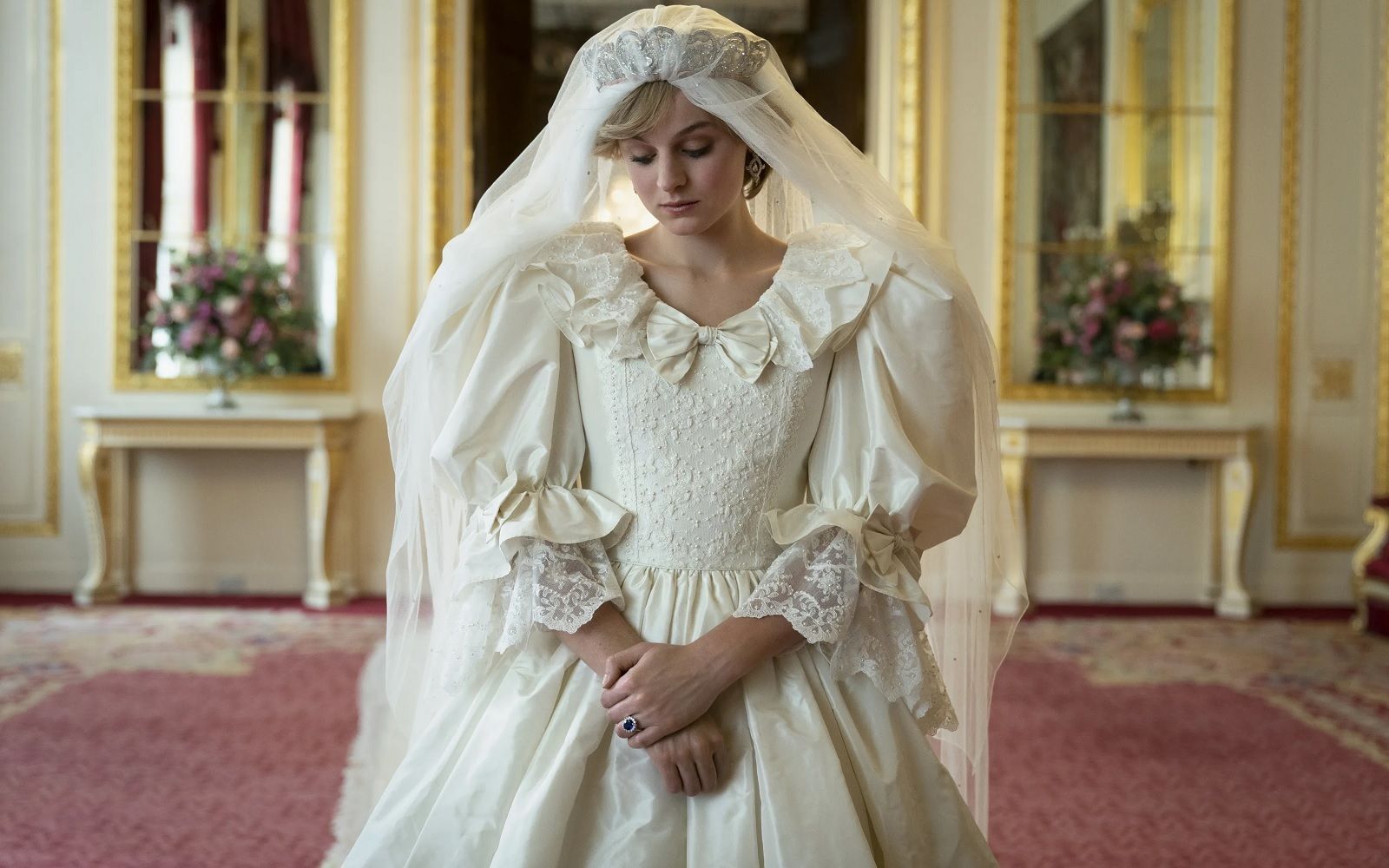
Isn't being a princess cooler? More and more royals are opting for love and career instead of title
For decades we were raised with tales of Cinderella and Snow White, maidens condemned to misery and unhappiness by sullen stepmothers, spiteful stepsisters and absent fathers, who managed to rise from this wretched situation thanks to Prince Charming. He would arrive in shining armor on his white horse, they would kiss, marry, and together live happily ever after. As time passed, however, we stopped believing that just wearing a crown on your head was enough to have perfect love or a future of ecstatic happiness in which the most burdensome of commitments is to sing for the forest animals. The reality is very different. Lady D and the Japanese Empress Masako taught us that. No one dreams of becoming a princess anymore. Not even those who are by birth or who have gone to great lengths to achieve that title. Think of Harry and Meghan Markle, who decided to abandon "The Firm" (as the two called the British royal family in their interview with Oprah Winfrey), a veritable 44-billion-pound war machine full of obligations and commitments to fulfill, in preference to a freer, more relaxed life in sunny California. While much criticized, their choice, seems to be shared by more and more Royals. The latest? Former Japanese Princess Mako of Akishino, who when she married lawyer Kei Komuro last year lost her status by law, started a new life as a commoner in New York.
Nothing new, all things considered, if we look back to the past and to the Duke of Windsor, Edward VIII, who, always allergic to court etiquette and other obligations derived from being the future king of England, preferred as far back as 1936 to abdicate and marry the American socialite Wallis Simpson and, with her, laze about in luxury and travel. But if he was an exception then, as a lengthy WWD article points out, it is common for members of royal families and, in particular, princesses, to try to build a life and career outside of noble origins. Gone are the stiff, starched European royals of the 1950s and 1960s. As royal commentator Richard Fitzwilliams reminds us, the situation began to change after the crown princes of Sweden and Norway married for love:
"On the whole, it’s up to the individual. Of course, there are circumstances where individuals think they can cope, and they find they can’t. There’s the pressure of the press. The paparazzi was far, far less so [full-on] after [the death of Princess] Diana. But even so, with social media every move that you make [is chronicled],” Fitzwilliams says. “It’s a gilded cage. Whether or not you can stay alive happily and thrive and survive in it, it’s a challenge."
Admitting this long ago was the Prince of Wales himself, who, intent on streamlining the British monarchy, said:
"Along with privilege comes responsibility and with the privilege of being an HRH (Her Royal Highness), there are services to be rendered. But I can certainly see in this day and age why the younger members want to live their own lives, particularly to be free and unfettered. Along with being part of the royal family comes all of the intense media scrutiny. [...] Any member of a royal family has unbelievable privilege and with that privilege comes the responsibility of duty and self-sacrifice. Those are values that the queen of Denmark and our own queen have taken to heart and sacrifice means not necessarily doing what you want to do, but fulfilling a life of service to the country. That is a career."
Although they were born and bred to fulfill that destiny, the royal career, with its mix of privileges and often millennial diktats, is not for everyone. Better to detach and devote oneself to something else as Princess Grace of Monaco's grandchildren have done. Charlotte Casiraghi, for example, is keen to point out that she is not a princess, but "simply" the Chanel brand ambassador and the founder of the Rencontres Philosophiques de Monaco. His younger brother, Pierre Casiraghi alternates between his businessman commitments, his love of sailing, and his role as ambassador for Dior, as does his wife Beatrice Borromeo, also a testimonial for Dior, and a journalist. And finally, their cousin, Pauline Ducruet, is focused on her sustainable and inclusive clothing brand Alter Designs. The Monegasque royals are not the only ones who want to be considered "normal." For years Princess Märtha Louise of Norway has said she would no longer use the title unless she was on official duty for Norway's first family or in a private setting, and Prince William and Kate Middleton also prefer to be known by their first names rather than their titles.
For royals who are further from the throne, pursuing other careers is easier since they do not have actual roles, but prioritizing privacy over duty depends substantially on one's character and background. The question on many people's minds is, is there one type of career that is more or less suitable for a royal? According to royal commentator, Rafe Heydel-Mankoo there is only one example not to follow: that of the former Duke and Duchess of Sussex.
"Everything they’ve done in advancing their career profiles has been on the basis of their status as members of the royal family. Yet all of the products and the statements they are making to advance their careers are essentially attacking the royal family and getting mileage out of issues that the royal family would rather not discuss in public."
What do you think about it?



